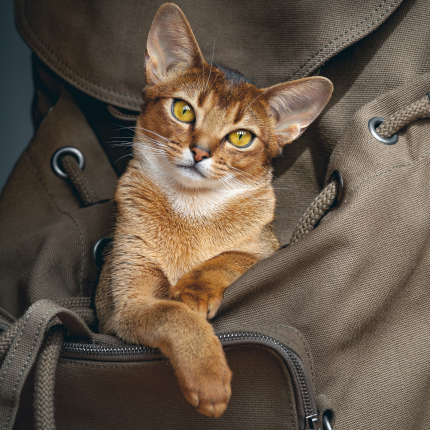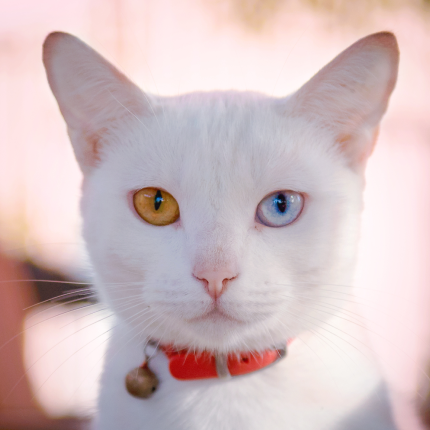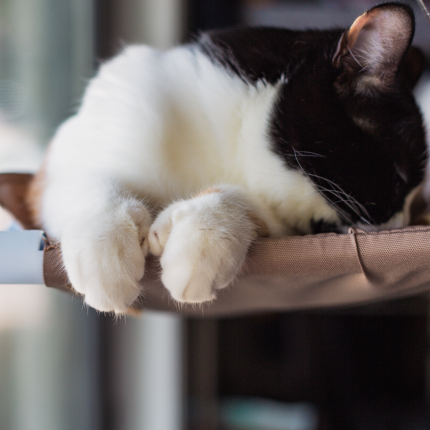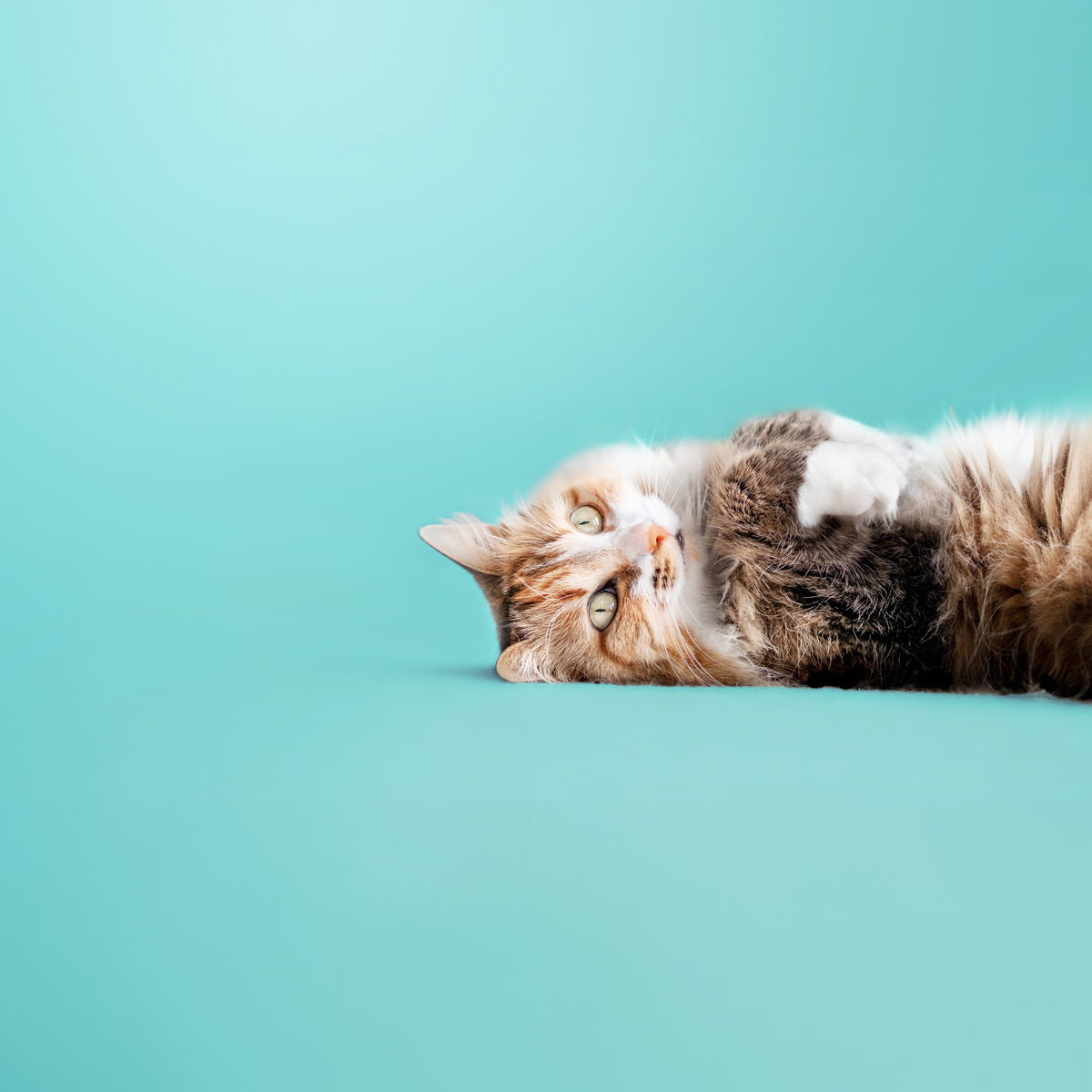Brown Cats: The Rarest Coat Color

While brown may be a common color for dogs and human hair, spotting an entirely brown cat is like finding a hidden gem. These felines boast a captivating solid brown coat, a rare and lovable trait from a fascinating genetic mutation targeting black pigmentation in their fur. Meet the enchanting purebred Havana Brown and Oriental Shorthair cat breeds, the delightful products of this unique genetic quirk.
Why is Brown such a rare color?
Cats’ fascinating brown color is due to a genetic mutation focusing on the gene responsible for producing black pigmentation. This mutation diligently reduces the black pigment in the cat’s coat and coloring, leading to the beautiful brown hue we adore. While this gene variant is not commonly found in cats, it is intentionally bred in the Oriental Shorthair, and Havana Brown cat breeds to highlight this rare and magnetic coloring.
Brown Cat Breeds
Though rare, some recognized cat breeds have been deliberately bred to showcase this alluring feline coloring.
- Havana Brown: Fondly known as “Chocolate Delights,” this breed captivates with its bright green eyes and rich chocolate brown coat. Once you experience the companionship of a Havana Brown, there’s no turning back. Affectionate and highly intelligent, this breed loves to be part of every family activity and gets along famously with other pets.
- Oriental Shorthair: Renowned for its vast array of coat colors and patterns, the Oriental Shorthair offers over 600 alternatives. Among these options lies the rare and cherished brown coloring that has stolen our hearts.
- York Chocolate: Affectionately called “York,” this American breed of brown cat is named after its place of origin, New York. Initially, it faced recognition challenges, but reputable cat associations, like the World Cat Federation and the American Cat Fanciers Association, now acknowledge it.
- Burmese Cat: Introduced to the United States in 1930, it is a breed crossed with Siamese cats to achieve its distinct and rare solid brown coloring, also called “sable.”
- British Shorthair: Calm and composed, the British Shorthair comes in various coat colors, including the sought-after Chocolate British Shorthair, attained through cross-breeding with chocolate-colored Persians.
- Persian: Fun fact alert! Solid-colored Persian cats are genetically tabbies. As kittens, they display tabby markings that gradually disappear as they mature into adulthood. The chocolate Persian plays a vital role in producing the desired brown coloring in the chocolate-colored British Shorthair.
Beyond these breeds, others like the Scottish Fold, Swiss Mountain Cat, and Devon Rex also showcase the unique beauty of “brown cats.” Some breeds exhibit the singular brown coloring, while others embrace diversity by allowing additional patterns and colors, exemplified wonderfully by the Oriental Shorthair.
We hope this enlightening article on “Brown Cats” has deepened your appreciation for their rarity and history. Share this newfound knowledge with friends and family, and join us in celebrating the allure of these enchanting feline companions.

Featured Articles

The Odd-Eyed Cat (AKA Heterochromia)
Cats are already beautiful and fascinating creatures, but people are bound to take notice when they have something as captivating as two different colored eyes. Odd-eyed cats always have one blue eye paired with either a green, yellow, or brown eye. This form of heterochromia occurs in other animals, including…

Polydactyl Cats: Just More Beans to Love
Polydactyl cats have become extremely popular in recent times. As a result, more and more people are interested in learning more about this six-toed cat and want to get one of their own. If you are a cat lover intrigued by polydactyl cats, you have come to the right place….

Why Do Cats Roll Over Into Their Backs But Not Let You Touch Their Bellies?
It’s common knowledge dogs love to have their tummies rubbed when they freely lay down before you and roll onto their backs. But, if you’re also familiar with cats, you know that when they roll onto their backs with their bellies exposed, rubbing the belly will most likely result in…